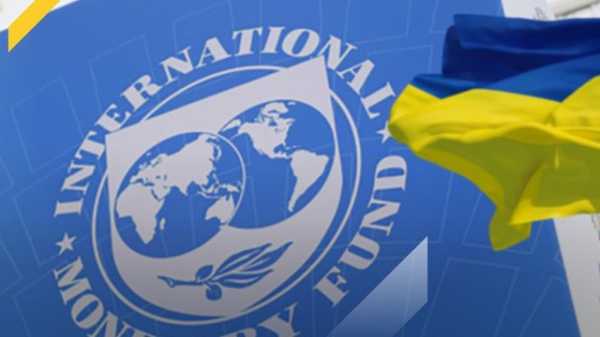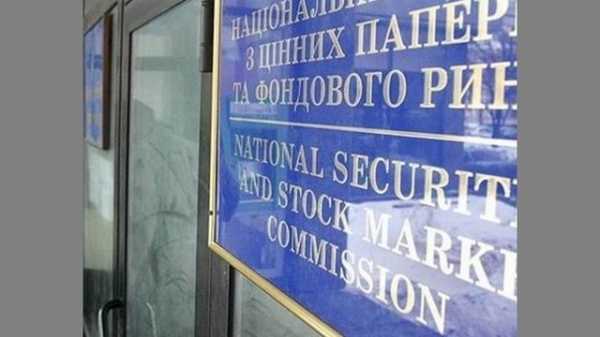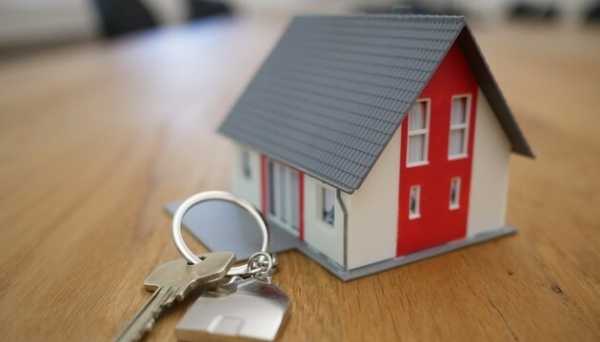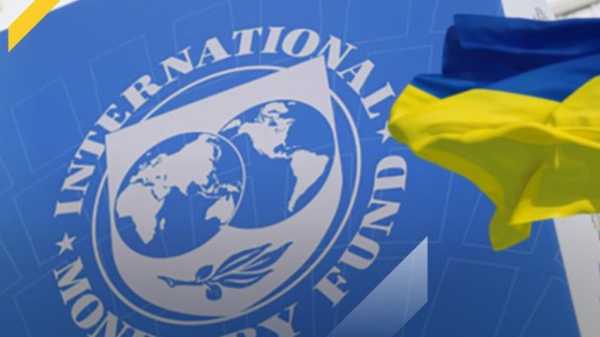Latest news for today in Ukraine

Europe should extend Ukraine's deadlines to modernize and achieve carbon-neutral production within the Green Deal due to difficulties in financing environmental projects and the lack of state financial support instruments, CEO of Metinvest, the largest Ukrainian mining and metallurgical holding, Yuriy Ryzhenkov has said.
"For Ukraine to become carbon-neutral by 2050, significant financial investments will be needed. Over the past 10-20 years, European companies' projects have received support from the European Commission in the form of grants, subsidies, interest refunds, and now this support will continue under the new Green Deal. Ukrainian companies, on the other hand, worked in different conditions: financing modernization projects solely from their own funds and without financial support of the state. Moreover, they still do not have such access to financial resources, unlike their European competitors. Therefore, it would be correct to extend the time frame for achieving carbon neutrality for Ukraine in comparison with European producers," Ryzhenkov wrote in the column of the NV newspaper.
In addition, according to him, joining the European Green Deal should open access for Ukrainian companies to financial resources provided by European funds.
"To give an example from our industry, the EU plans to introduce the so-called Carbon Border Adjustment Mechanism (CBAM) from 2023. This mechanism will apply to products imported into the EU from countries where the requirements to reduce CO2 emissions differ significantly from of the EU rules. Ukrainian metallurgy as an export-oriented industry is one of the first to fall under this mechanism," the CEO of Metinvest said.
According to Ryzhenkov, experts call CBAM "a new form of protection of the EU's own markets and a way to increase income at the expense of less developed countries.
At the same time, he confirmed that reducing emissions of harmful substances into the environment is a global trend, and Ukraine undoubtedly supports it. As the leader of the Ukrainian metallurgy, Metinvest represents Ukraine in this sector on the world stage, and it is very important for the company to be at least at the level of European colleagues. Since 2012, the enterprises of the Metinvest group have reduced emissions by one third. Over the past 10 years, the group has invested $344 million in environment friendly projects, and another $413 million will be invested in them by 2025.
"At the recent Ukraine-EU summit, which took place early October, the EU welcomed Ukraine's desire to bring its policies and legislation closer to the European Green Deal – a large-scale program to modernize and improve the efficiency of the European economy and industry, including metallurgy. We hope that a productive and a substantive dialog on this matter will continue at the meeting of the Ukraine-EU Association Council, which is to take place on December 8, 2020," the top manager said.
In 2021, the law on monitoring, reporting and verification (MRV) will become effective in Ukraine, introducing European standards for monitoring greenhouse gas emissions, and in 2022 the results of monitoring for 2021 will be available. The next step should be the introduction of a system of trading in emission quotas in Ukraine, which will also be similar to the one that exists in the EU.
"Since the purpose of the Association Agreement and the Deep and Comprehensive Free Trade Area between Ukraine and the EU is the full integration of Ukraine into the internal EU market, we are convinced that the CBAM should not be applied to products from Ukraine, and that enterprises in Ukraine and the EU should have equal conditions and financial resources for modernization of its production facilities," the CEO said.
Ryzhenkov said that geographically Ukraine is located in the very center of continental Europe and is an important link in the supply chain of metal products to the EU countries. Therefore, only uniting the efforts of all European manufacturers, protecting free trade and the environment and constructive dialogue "will help everyone get out of this crisis and become stronger."
Source: www.en.interfax.com.ua



